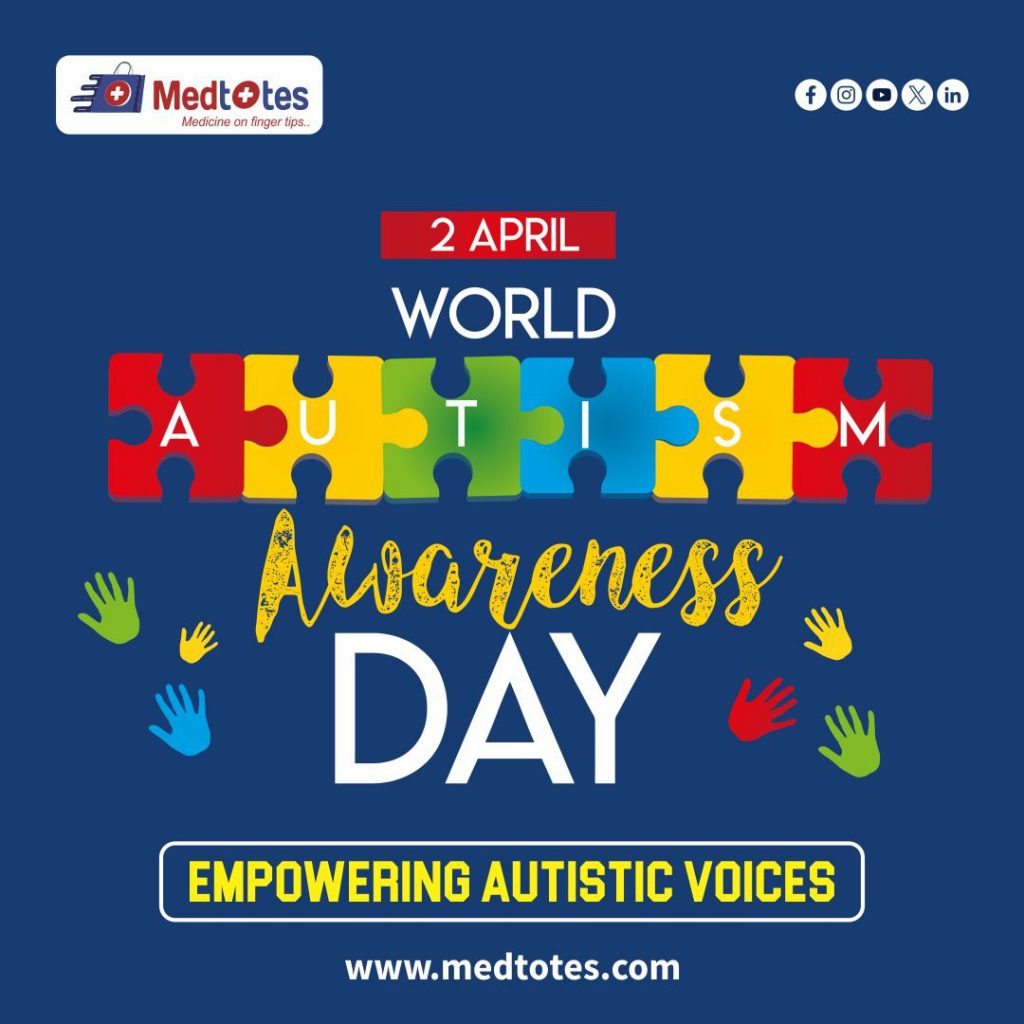I. Introduction
World Autism Awareness Day is an annual event on April 2nd that raises awareness about autism spectrum disorder and promotes acceptance and inclusion of individuals with autism. It educates the public about the challenges faced by individuals with autism and the importance of supporting their needs. The day aims to foster a more understanding and inclusive society for individuals with autism by dispelling myths and misconceptions, increasing understanding and acceptance, and promoting early intervention, access to resources, and ongoing research to improve their quality of life. It serves as a reminder that every individual deserves kindness, respect, and dignity, regardless of their abilities.

II. Understanding Autism
Autism Awareness Day is a day to learn about the unique strengths and abilities of individuals with autism. By increasing understanding and acceptance, society can create a more inclusive environment where people can thrive. Education and advocacy can ensure that every person, regardless of their differences, is valued and respected. Supporting and empowering individuals with autism can help break down barriers and create a compassionate society that celebrates diversity. Recognizing that individuals with autism have unique perspectives and talents, we can create a world where everyone is valued and accepted for who they are.
III. How to Identify Autism
Identifying autism can be a complex process, as it involves recognizing certain behavioral patterns and communication challenges.
Some common symptoms of Autism include:
- Difficulty making eye contact and engaging in conversations
- Repetitive movements or speech patterns
- Sensitivity to certain noises, textures, or lights
- Difficulty understanding social cues or nonverbal communication
- Resistance to changes in routine or environment
- Individuals with autism can achieve their full potential by being aware of symptoms and seeking professional help, fostering a supportive and inclusive environment.
VI. Conclusion
In Conclusion. Autism symptoms are crucial for early intervention and support, and education on them is essential for parents, teachers, and healthcare professionals. Recognizing and understanding these symptoms allows individuals to receive necessary resources and accommodations, and society must continue raising awareness and promoting acceptance for those with autism.
Download our app: https://bit.ly/3tkQkFy
